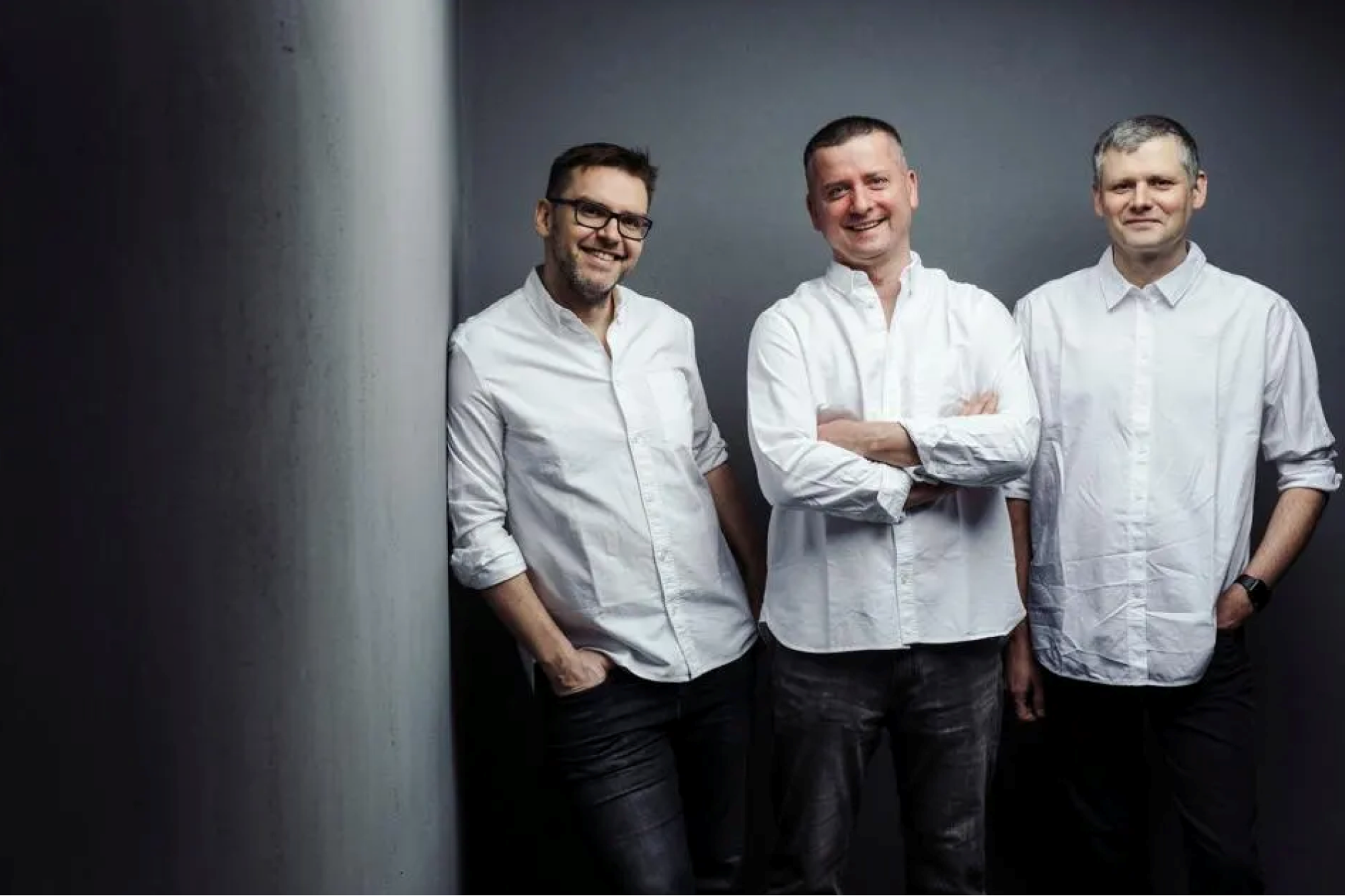"It's Always About the Problem" How Authologic is rewiring digital identity from the ground up
Opinions expressed by Entrepreneur contributors are their own.
You're reading Entrepreneur United Kingdom, an international franchise of Entrepreneur Media.

YC-backed founder Jarek Sygitowicz on why startups must stop selling and start listening — especially in fintech's trust-first UK ecosystem. "The biggest challenge is always to find a product-market fit. You need the right mix of an underserved market, a big enough problem and a good initial idea on how to address this problem."
For Jarek Sygitowicz, co-founder and Chief Strategy Officer at London-based Authologic, a digital identity verification platform, the route to startup success isn't paved with pitch decks and product demos - it's lined with hard questions, long conversations, and uncomfortable truths. Backed by Y Combinator and operating at the intersection of fintech and identity, Authologic was built to solve one of the thorniest problems in the modern digital economy: verifying who people are, across borders, systems, and legacy infrastructures.
"Digital identity is a highly complex and regulated space. And it's fragmented across regions and industries."
Early on, the team realised that bridging traditional Know Your Customer (KYC) checks with emerging electronic IDs (eIDs) wouldn't be a matter of clever tech alone. "No one-size-fits-all solution existed. We had to build something modular enough to adapt to different client needs, but standardised enough to scale."
That required far more than technical iteration. "We spent an enormous amount of time speaking to and understanding potential customers and partners, regulations, and iterating on the solution. Persistence, intellectual honesty and being close to the actual problems companies are facing were key."
For Sygitowicz, opportunity only emerges when you obsess about the right kinds of problems.
"We always view opportunities from the perspective of problems. I often say that there are many problems that can be solved, but are not worth solving. How big is the problem? Is this problem created by the recent technological change? Who has this problem, and what do they do to solve it right now?"
"If the answers to these questions are satisfactory, we move on to the solution testing. It's always about trying to see if our hypothesis works. If it doesn't, maybe we don't fully understand the problem?"
His reading list for founders is pragmatic, too. "There is a great book about this called The Mom Test, How to Talk to Customers and Learn If Your Business is a Good Idea when Everyone is Lying to You. I highly recommend it." On entering the UK startup ecosystem, Sygitowicz noticed something often missed in the playbooks: how much runs on trust. "Warm introductions, trusted networks and credibility are critical, perhaps even more so than in other markets we have operated in."
That's especially true in sectors like fintech and digital identity, where the risk of missteps can be existential. "Personal networks can significantly accelerate your progress." So what advice would he give to early-stage founders looking to make their mark in the UK? "Think big and focus on understanding the problem, not trying to sell your product. Many early stage founders fall in the trap of trying to pitch the solution too soon."
The antidote, he says, is to stay curious - not clever. "Spend more time asking questions: How painful is the problem for them (that you are solving)? How urgently do they need that solution? And how are they coping currently?In the UK, credibility and substance matter. Stakeholders at large organisations respond to a clear understanding of the market backed by real insights, experience and expertise."
And the biggest lesson of all? "If you approach conversations with the mindset of learning rather than selling, you'll build stronger relationships, but also develop stronger products."













